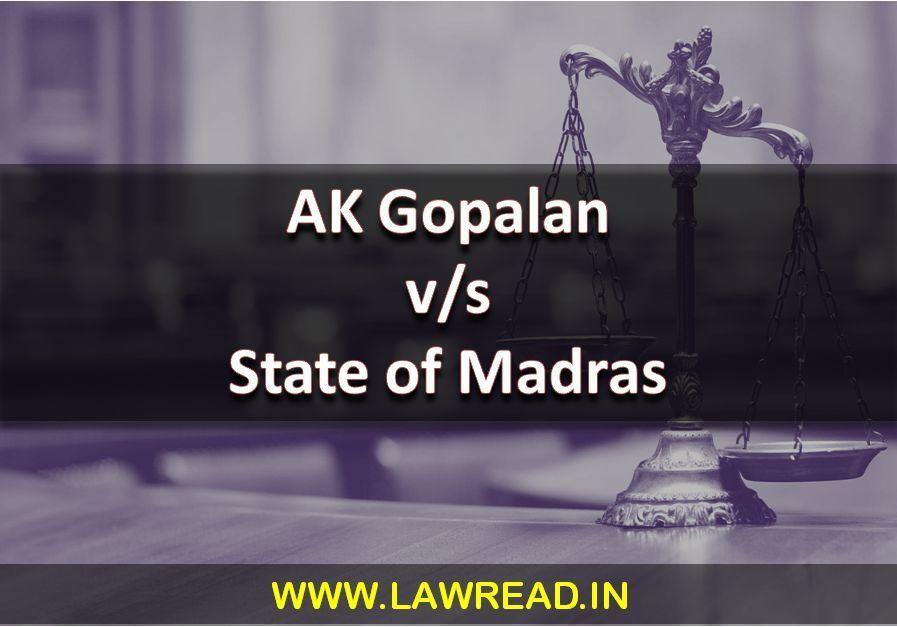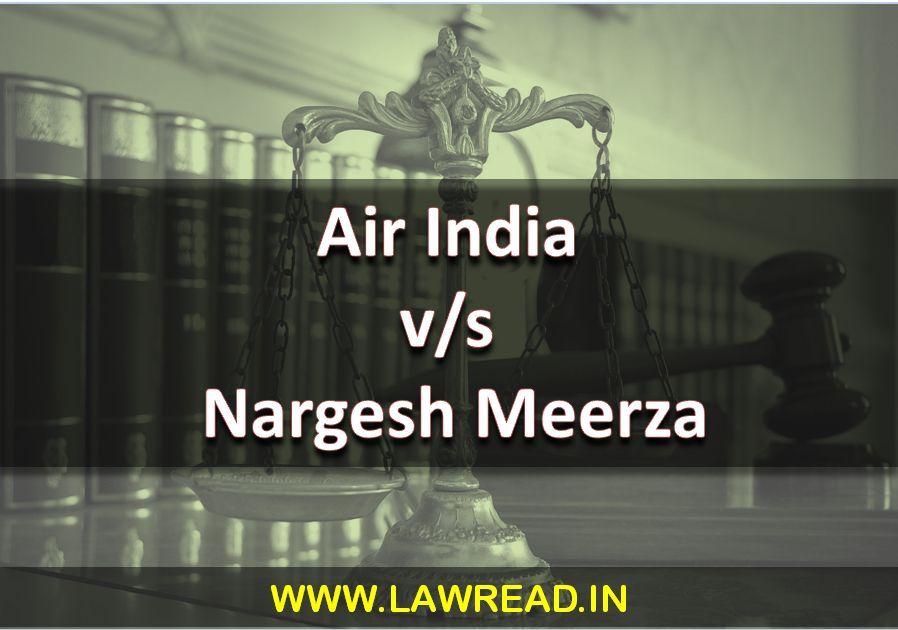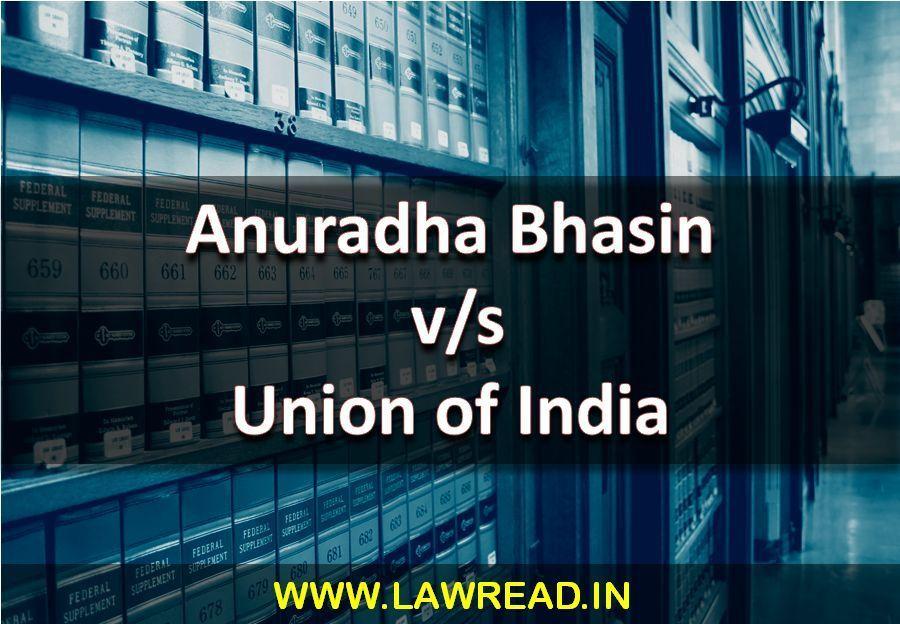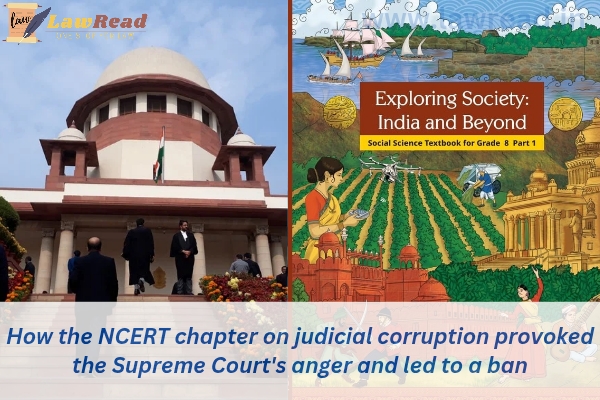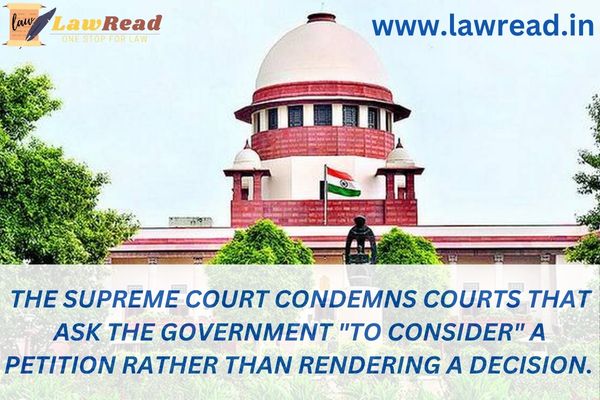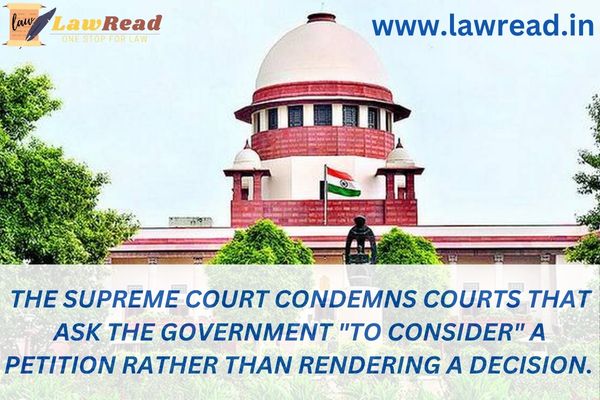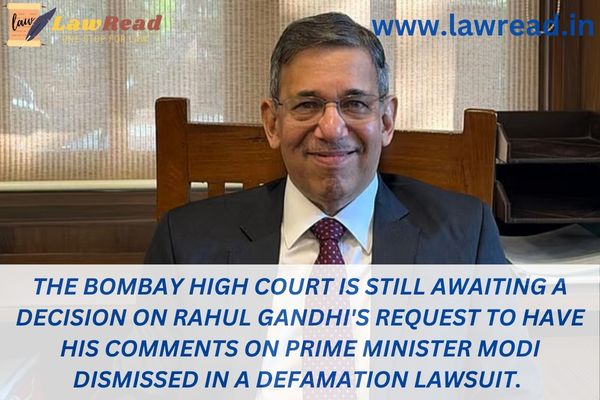Landmark Judgement
ADM Jabalpur v. Shivkant Shukla, (Habeas Corpus Case), AIR 1976 SC 1207
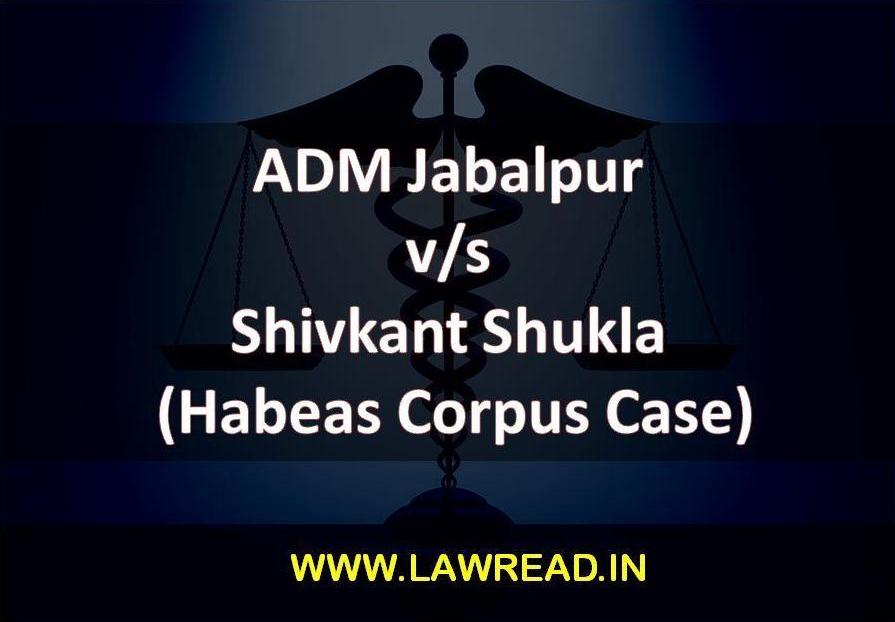
Title of the Case: ADM Jabalpur v. Shivkant Shukla
Citation: 1976 (2) SCC 521; AIR 1976 SC 1207
Court: Supreme Court of India
Bench: A.N. Ray, Hans Raj Khanna, Mirza Hameedullah Beg, Y.V. Chandrachud, P.N. Bhagwati
Petitioner: Additional District Magistrate, Jabalpur
Respondent: S.S Shukla, etc.
INTRODUCTION:
ADM Jabalpur v. Shivkant Shukla:
The 1975 Emergency is regarded as the darkest period because during that the judgment for a legendary case of "ADM Jabalpur v/s Shivakant Shukla was delivered. This case is popularly known as the "Habeas Corpus" case. Habeas Corpus literally means "to produce the body and the writ orders the direct law enforcement agencies to present an arrested person in front of the Court and explain the cause behind their detention. The case belongs to the time when the ruling government of Prime Minister Indira Gandhi proclaimed the Emergency. Indira Gandhi issued a Presidential Order when the Court declared her Prime Ministerial Election as illegal. This case is also highlighted due to the sole dissenting opinion of Justice H.R. Khanna, who is the only one advocating for the supremacy of Fundamental Rights. Whereas the majority of the judges were of the opinion that as long as the emergency continues, constitutional rights must remain suspended.
FACTS OF THE CASE:
The then President Fakhruddin Ali Ahmad declared an Emergency according to Clause (1) of Article 352 of the Indian Constitution, on the demand of the then Prime Minister Indira Gandhi, which he did on 26 June 1975. The Government states that there was a significant emergency whereby India's stability was at risk of internal disruptions. It was declared on 27th June 1975, the powers granted under Article 359 of the Constitution that the right of any person including the foreigners to proceed to the court in order to enforce their rights which have been granted to them under Article 14,21 and 22 of the Constitution and all the proceedings that were pending in the court for the aforesaid rights will remain suspended during the period of proclamation of Emergency under Article 352 of the Indian Constitution. Anyone who was considered as a political threat to the authorities or who could publicly voice out his/her political outlook openly would be taken into custody without trial under Preventive Detention Laws. Due to this many opposite party politicians such as Atal Bihari Vajpayee, Morarji Desai, Jay Prakash Narayan, and Lal Krishna Advani were arrested under MISA(Maintainance of Internal Security Act) because all these leaders proved to be a political threat to Indira Gandhi. This became the Additional District Magistrate Jabalpur v/s Shivakant Shukla Case, or Habeas Corpus (To Produce The Body)Case. Anytime someone is convicted, a writ is usually filed before the Supreme Court.
ARGUMENTS:
(a) Arguments by the Petitioner
1. The Advisory Council believed that there wasn't any adequate reason for the arrest and therefore decided to continue the detainment of him in violation of the provisions of Article 22, Habeas Corpus while the State didn't release any detainees. The right to appeal to the court for the purpose of enforcing a right under Article 19 has now been suspended by the President pursuant to an order made under Article 359(1).
2. They underlined the fact that the Emergency provisions mentioned in the Indian Constitution including Articles 358, 359(1), and 359(1A) are Constitutional needs because the Military and the Economic Security of the nation comes first. Therefore, the validity of the Presidential Order under Article 359(1) cannot be challenged on the point that it is violating the Fundamental Rights of the citizens which have been suspended by the above-mentioned article.
3. The suspension of a person's freedom to transfer any court to impose the right to life and personal liberty is achieved under Constitutional Laws so it cannot be assumed that the lack of rule of law will mean the ensuing condition.
(b) Arguments by the Respondents
1. According to the respondents, the limited purpose of Article 359(1) is to remove the restrictions on the legislature’s power so that, during the operation of the emergency, it is free to legislate to violate the fundamental rights set forth in the presidential order. The argument is made that there is a law in force governing pre-trial detention, the Maintenance of Internal Security Act of 1971. Each arrest warrant approved by the executive branch must comply with the conditions prescribed by this law. The defendants argue that Article 21 is not the sole depository of the right to life and personal liberty.
2. The key purpose of Article 359(1) was to bar the Supreme Court from moving to impose those privileges in compliance with Article 32. In compliance with Article 226 of the Constitution, this ban by statute has no bearing on the protection of common law and of the statutory privileges of personal liberty in the High Court.
3. Non-fundamental constitutional rights derived from Articles 256, 265, and 361(3), neither the natural or contractual rights nor the legal rights to personal liberty are unaffected by the presidential order. Legal rights can only be removed by law and not by an executive department.
4. Only to the degree defined by legitimate laws will the Executive act for and against its residents. In no conditions does Article 352 or the declaration of Emergency broaden the scope of the executive powers of the State from what is provided for in Article 162 of the Constitution and nothing more.
5. According to the respondents, Article 21 is not the exclusive repository of the right to life and personal rights.
6. The Right to Arrest shall be held by the State and its officers only if the suspected act of detention comes under the scope of Section 3 of the MISA and any requirement found therein is met. The imprisonment is called “beyond the powers” of that act if any provision remains unfulfilled.
JUDGEMENT:
The Supreme Court of India, in the case of Additional District Magistrate, vs S. Shukla, by a majority judgment with the ratio of 4:1 of the constitutional bench composed of five judges, on 28 April 1976, held that in view of the Presidential Order of 27 June 1975, no person has a locus standi to submit to the High Court any written petition pursuant to Article 226 for Habeas Corpus or any other writ/ order/ instruction questioning the lawfulness of an order of detention on the basis that the order is not in accordance with or in keeping with the Act or is unconstitutional or invalid. The bench included Justice A.N. Ray, the then Chief Justice of India, accompanying Justices M.H. Beg, Y.V. Chandrachu, and P.N. Bhagwati, who gave the majority decision. Justice H R Khanna, the fifth judge wrote a dissenting verdict. The majority of the judges agreed with all the contentions made by the appellants.
To justify the suspension of Fundamental Rights the Court said:
“In the period of public danger or apprehension, the protective law which gives every man security and confidence in times of tranquility has to give way to interests of the State.”
When the question about the status of Article 21 was raised, it was stated that
“Liberty is itself the gift of the law and may by the law be forfeited or abridged."
Only Judge Khanna had the courage to make the right decision in favor of human nature and freedom because he realized the importance of it.
The judgment ended with a firm quote:
“As Judge Huges observed, judges are not there to decide cases, but to decide them as they should, and even if they are regrettable that they can not always agree, it is better than their independence is maintained and that unanimity is guaranteed by their sacrifice. Disagreement in a court of last resort calls upon the meditative spirit of the law, to the intelligence of a future day, when a subsequent decision may be just the mistake in which the dissenting judge believes that the court was betrayed."
The Government of the day decided to appeal against the decisions of the High Courts in the Supreme Court, which later became famous and popularly came to be known as the Additional District Magistrate of Jabalpur vs. Shiv Kant Shukla case or the Habeas Corpus case.

